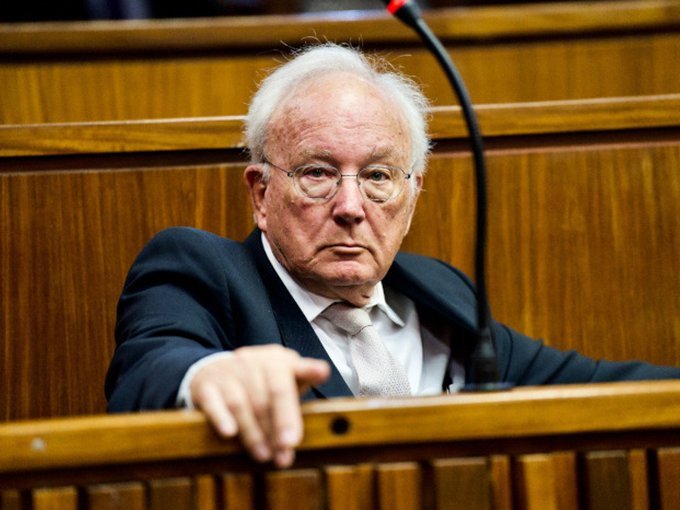The National Prosecuting Authority (NPA) has announced that it will carefully study the judgment that cleared paediatric surgeon Peter Beale of murder charges related to the deaths of three minor patients.
Beale was found not guilty on three counts of murder and two counts of fraud by the Johannesburg High Court on Tuesday, following a highly publicized legal battle that began with his arrest in 2019.
The case sparked widespread debate in the medical fraternity, with many professionals expressing concerns that the legal system was subjecting doctors to unfair scrutiny over medical complications that were beyond their control.
Court Rules in Favor of Beale
During the court proceedings, the State’s case against Beale was heavily criticized for its lack of compelling evidence. The Johannesburg High Court ultimately found that the evidence presented was insufficient to prove that Beale had intentionally caused harm to his patients.
Beale had been arrested and charged in 2019 for the deaths of three of his young patients, who died shortly after undergoing surgery under his care in 2012, 2016, and 2019.
NPA Maintains Confidence in Its Case
Despite the court’s ruling, the NPA has stood by its handling of the case, insisting that it presented all relevant evidence and relied on credible expert witnesses.
NPA spokesperson Phindi Mjonondwane defended the prosecution’s efforts, stating:
“As the NPA, we are satisfied that we have done our best. We called professors, we called medical practitioners, and we placed all the necessary and relevant evidence before the court.”
She acknowledged that some expert witnesses presented evidence that the judge found contradictory, but maintained that they had provided credible testimonies regarding Beale’s medical procedures and decisions.
“We cannot fault them as the State. They were credible witnesses, and they came and told the court what they knew about the procedures that were performed on the deceased, the interaction that they themselves had with the deceased, as well as the advice they gave to the accused person,” Mjonondwane added.
Legal Battle Divides Medical Community
Beale’s trial stirred strong emotions within South Africa’s medical community, with many doctors expressing concern over the legal implications of complex medical procedures.
While some believed that the prosecution of a surgeon for murder was justified in cases of gross negligence, others argued that it set a dangerous precedent, making medical professionals vulnerable to criminal charges for unintended surgical complications.
The case also highlighted gaps in how medical malpractice and criminal liability intersect in South African law, with medical professionals calling for clearer guidelines on when surgical errors should be treated as criminal offenses rather than civil matters.
NPA to Consult With Families of the Deceased
In the wake of the not guilty verdict, the NPA has confirmed that it will review the judgment before deciding on its next course of action.
Mjonondwane said the NPA would also engage with the families of the deceased children, many of whom had pushed for justice since Beale’s arrest in 2019.
“We will peruse the judgment and be in contact with the families of the victims,” she stated.
The families of the deceased have expressed mixed reactions to the ruling, with some accepting the court’s decision, while others feel that justice was not served.
One grieving parent, who lost a child during one of Beale’s surgeries, shared:
“We trusted him with our child’s life. While the court has ruled in his favor, we still feel that there was negligence, and we need answers.”
What’s Next for Beale?
Now that Beale has been acquitted, legal experts say he could potentially return to medical practice, though his reputation remains heavily affected by the case.
However, it is unclear if he will seek to restore his career or choose to retire from medicine altogether.
Meanwhile, the NPA’s review of the judgment will determine whether they will consider an appeal or accept the court’s decision as final.
For now, Beale walks free, but the ethical and legal questions surrounding the case are likely to linger within South Africa’s medical and legal circles for years to come.

